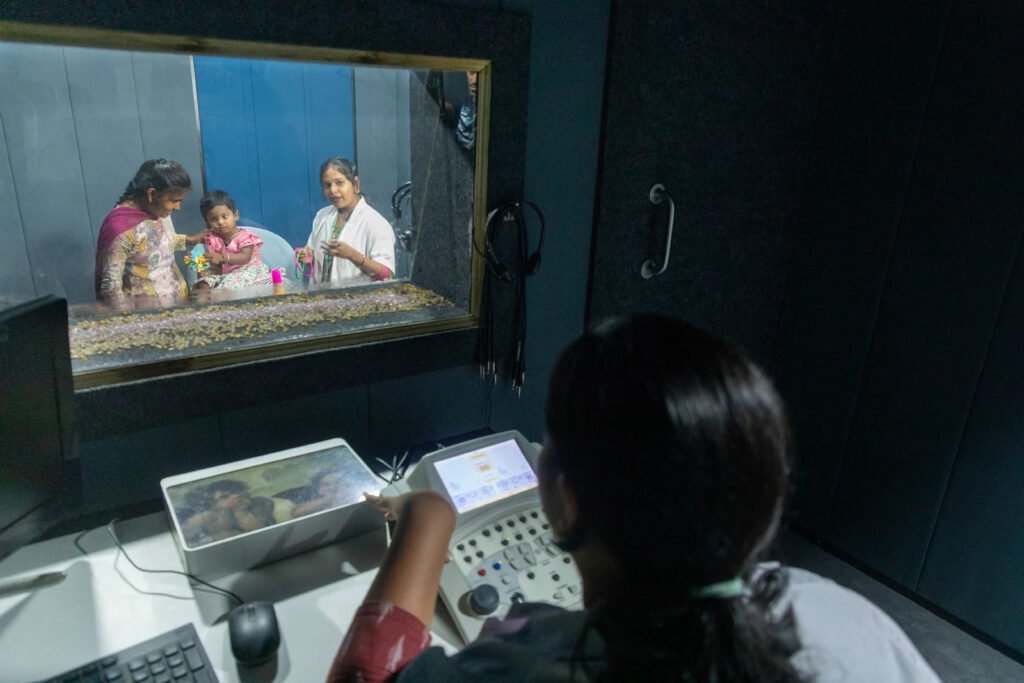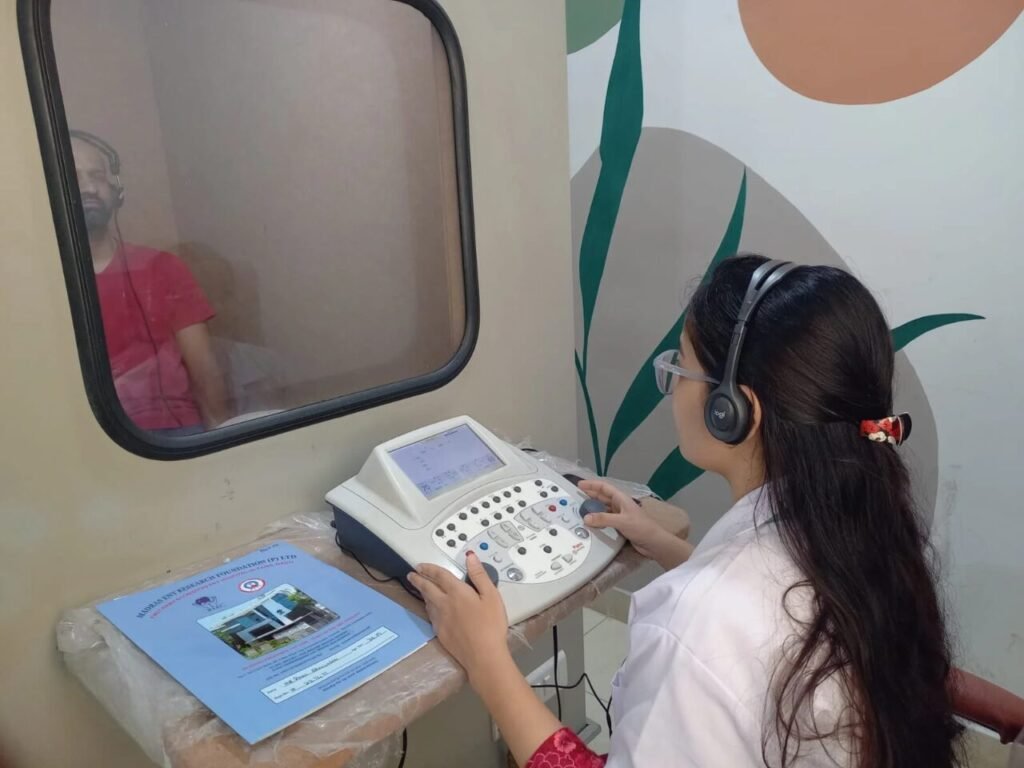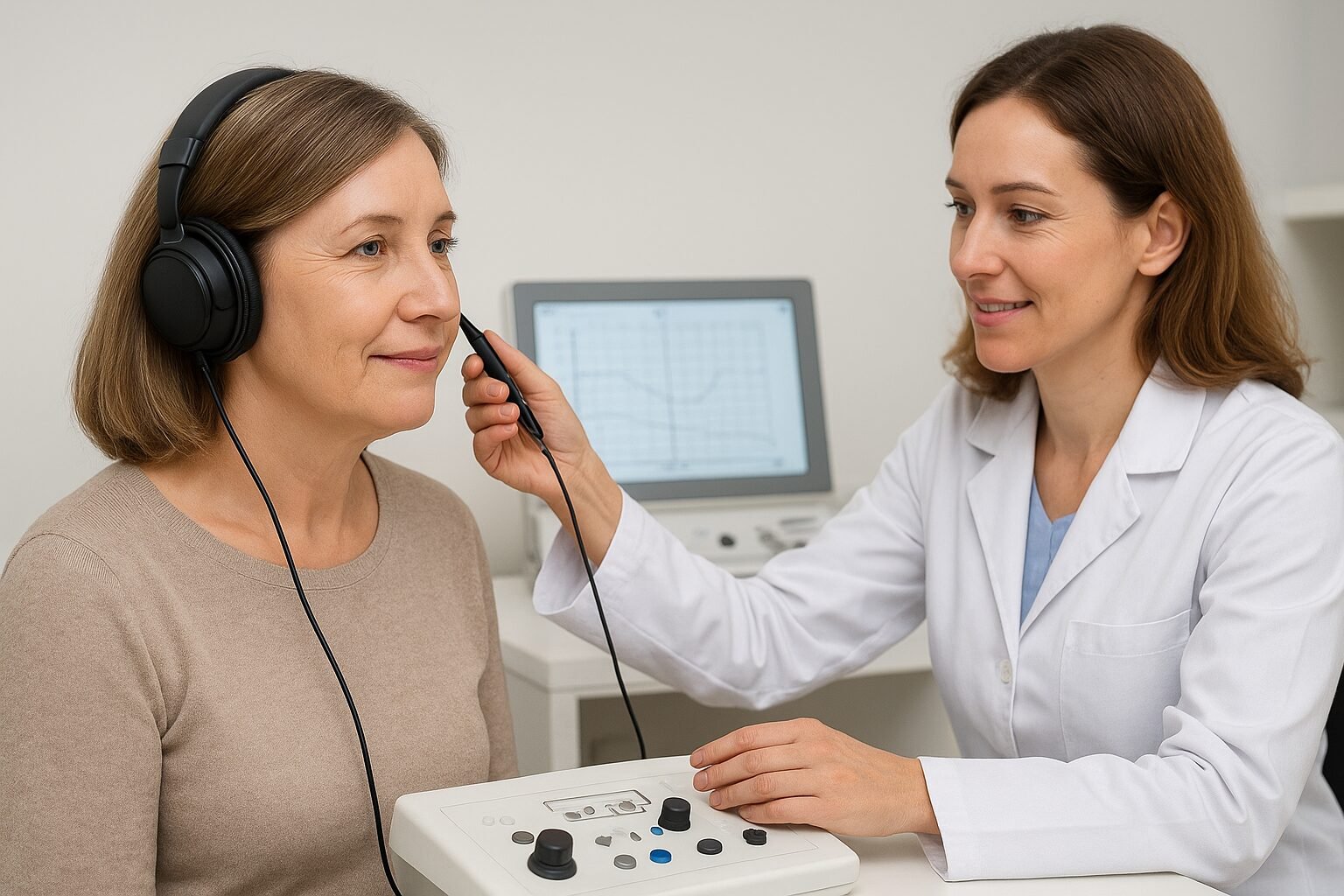Introduction: Why Hearing Health Matters
Hearing is often taken for granted until problems arise. From enjoying music and conversations to staying alert in everyday situations, our ears connect us with the world in countless ways. Yet many people delay hearing evaluations until they notice a significant decline. The truth is that regular hearing evaluations are just as vital as annual eye exams or dental checkups. By catching early warning signs, you can protect your hearing, prevent further decline, and improve your overall quality of life.
What Are Regular Hearing Evaluations?
Definition and Purpose
A hearing evaluation is a thorough assessment carried out by an audiologist to measure how well your ears pick up different sounds and frequencies. Unlike a quick screening, a full evaluation looks for subtle issues that could indicate early stages of auditory impairment.
Common Procedures in a Hearing Evaluation
A standard evaluation may include:
- A review of your medical history.
- A physical examination of the ear canal.
- Specialized hearing tests such as pure tone audiometry.
- Detailed audiometric examination results to determine the type and degree of hearing loss.
These steps provide a clear picture of your hearing health, guiding treatment options that may include the use of a hearing aid or other therapies.
Merfish Hearing Evaluation: Setting the Standard in Hearing Care
The Merfish Hearing Evaluation has become a trusted name in hearing health, known for its thoroughness and compassionate care.
What Makes Merfish Different
Unlike generic tests, the Merfish approach combines advanced diagnostic tools with personalized recommendations. This means patients receive a care plan designed specifically for their lifestyle and communication needs.
Patient-Centered Approach to Hearing Wellness
From the first consultation to follow-up visits, the Merfish Hearing Evaluation prioritizes comfort and understanding. Patients leave not only with answers but also with a roadmap to better hearing and improved daily life.

Key Components of a Hearing Evaluation
Case History and Symptom Review
Your audiologist will begin by asking about your medical history, noise exposure, and any concerns you’ve noticed, such as difficulty hearing conversations in crowded spaces.
Pure Tone Audiometry Explained
One of the most common tests, pure tone audiometry, measures how well you detect sounds of different pitches and volumes. Results are plotted on an audiogram, which helps determine whether a hearing aid might be beneficial.
Audiometric Examination and Its Role
An audiometric examination goes beyond simple sound detection. It evaluates how your ears and brain process speech, ensuring that treatment plans address both clarity and volume.
Identifying Early Signs of Auditory Impairment
Subtle Symptoms You Shouldn’t Ignore
Hearing loss often starts gradually. Common early signs include:
- Frequently asking others to repeat themselves.
- Struggling to follow conversations in noisy environments.
- Turning up the TV or radio louder than others prefer.
Risk Factors That Increase Vulnerability
Certain factors make some individuals more prone to hearing loss, including aging, constant exposure to loud noises, and family history of auditory impairment.

The Importance of Regular Checkups
Preventing Further Hearing Loss
Catching problems early allows for interventions that can prevent worsening conditions. For example, wearing a hearing aid sooner can keep your brain engaged with sounds, slowing cognitive decline.
Improving Quality of Life
Better hearing means stronger relationships, more confidence in social settings, and less frustration in daily interactions.
The Role of Hearing Aids in Treatment
How Hearing Aids Enhance Daily Living
Modern hearing aids are small, discreet, and technologically advanced. They help amplify sounds clearly, improving conversations, music enjoyment, and even workplace productivity.
Matching the Right Device to Individual Needs
An audiologist ensures the hearing aid you choose fits comfortably and matches your lifestyle—whether you need one for busy social events or quiet home environments.
Benefits of Early Detection Through Evaluations
Protecting Communication Skills
Hearing well helps you stay connected with loved ones, preventing feelings of isolation.
Supporting Mental and Emotional Health
Studies show untreated hearing loss is linked to depression and memory decline. Regular evaluations, such as the Merfish Hearing Evaluation, give peace of mind and solutions before these issues develop.
When Should You Get a Hearing Evaluation?
Recommended Frequency by Age and Risk
- Adults under 50: every 3–5 years.
- Adults over 50: once a year.
- Anyone with high-risk factors: more frequent evaluations are recommended.
Red Flags That Demand Immediate Attention
- Ringing in the ears (tinnitus).
- Sudden or gradual hearing changes.
- Difficulty following conversations even in quiet places.
Preparing for Your First Hearing Evaluation
Questions to Ask Your Audiologist
- What type of hearing loss do I have?
- Would a hearing aid benefit me?
- How often should I return for follow-up visits?
What to Expect During the Visit
Most evaluations last under an hour and are painless. Your results are explained in detail, giving you a clear path toward better hearing.

Myths and Misconceptions About Hearing Tests
“Only Older Adults Need Them”
Hearing loss can affect people of all ages—even children. Early detection through audiometric examination is essential for everyone.
“Hearing Loss Is Always Permanent”
Not all hearing loss is irreversible. Infections, wax buildup, or medical conditions can often be treated, making evaluations even more valuable.
Frequently Asked Questions (FAQs)
Q1: How long does a hearing evaluation take?
Most evaluations take 30–60 minutes.
Q2: Is a hearing evaluation painful?
No, the process is completely safe and non-invasive.
Q3: What is pure tone audiometry?
It’s a test that measures your ability to hear tones at different frequencies and volumes.
Q4: When should I consider a hearing aid?
If daily communication feels difficult, a hearing aid may significantly improve your quality of life.
Q5: How is the Merfish Hearing Evaluation different from others?
It offers personalized care, advanced testing, and ongoing support for each patient.
Q6: Can children undergo a hearing evaluation?
Yes, early testing is crucial for speech and language development.
Conclusion: Taking Charge of Your Hearing Health
Regular hearing evaluations are an investment in your overall well-being. By identifying problems early, preventing further decline, and offering solutions such as a hearing aid, these evaluations protect your ability to connect with the world around you. Whether through standard testing or the trusted Merfish Hearing Evaluation, prioritizing your hearing health ensures a richer, more fulfilling life.

